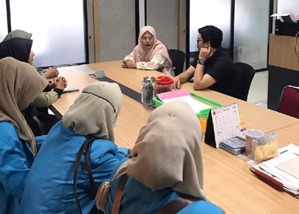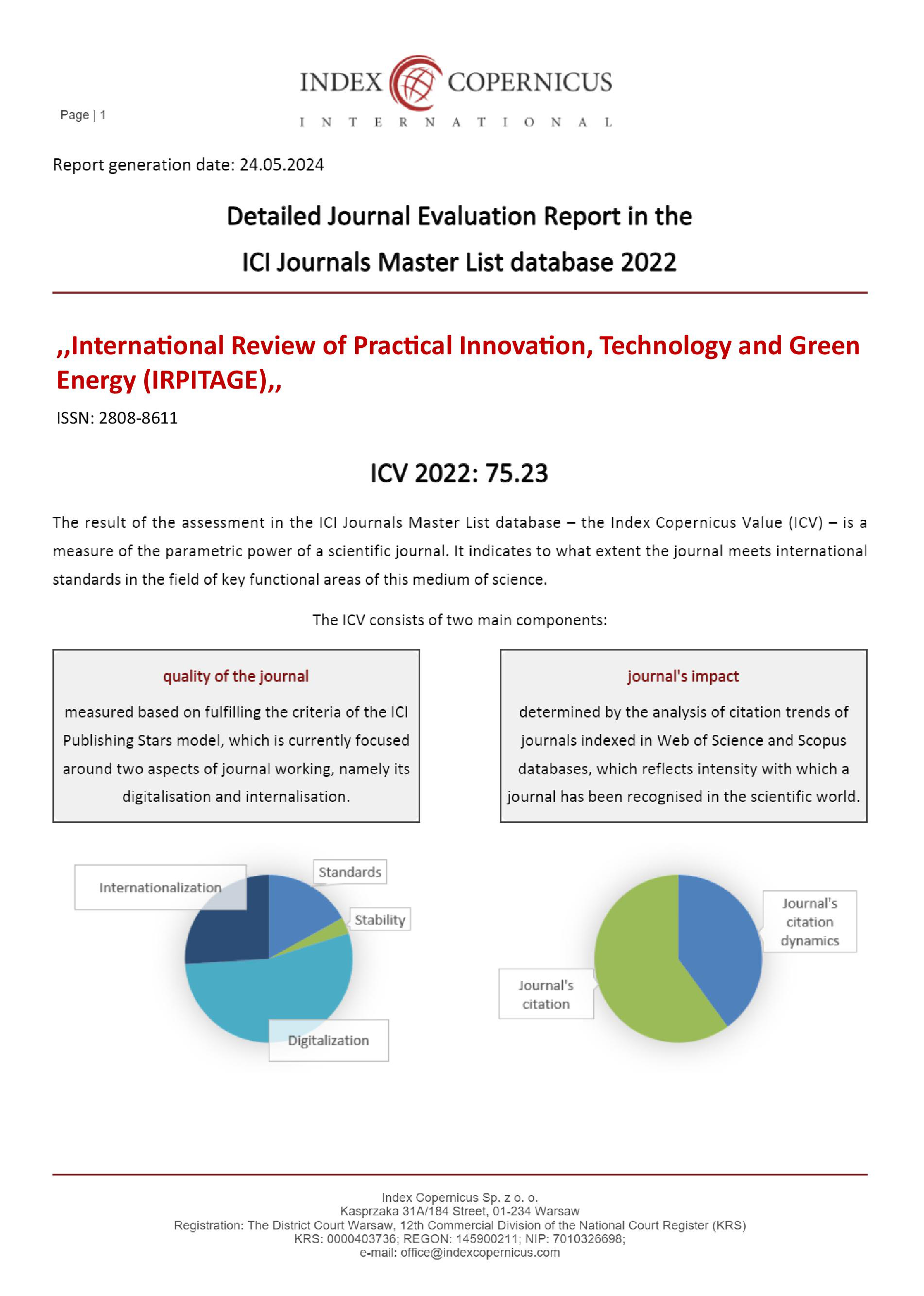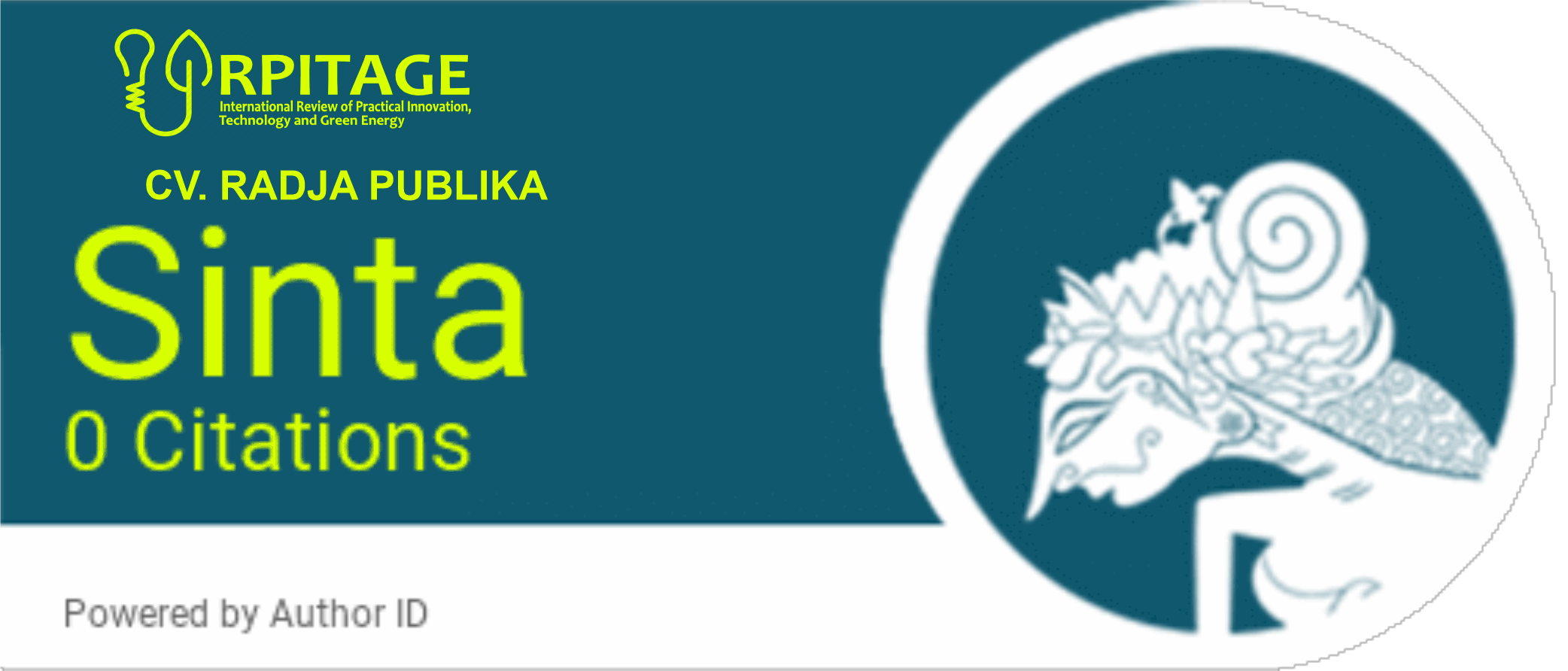
ECONOMIC EMPOWERMENT OF VILLAGE COMMUNITIES THROUGH FINANCIAL MANAGEMENT TRAINING AND SUSTAINABLE MICRO-BUSINESS DEVELOPMENT IN LHOKSEUMAWE CITY
DOI:
10.54443/irpitage.v5i2.4324Published:
2025-10-27Abstract
This activity aims to increase the financial literacy capacity of village communities, strengthen the ability of micro-entrepreneurs to manage business finances effectively, and encourage the sustainability of businesses based on local potential. The training was held for one day and attended by 35 participants consisting of MSMEs, entrepreneurial housewives, and village youth in the Lhokseumawe City area. The implementation method included three main stages, namely: (1) preparation and coordination with village partners; (2) implementation of the training covering two main materials—simple financial management and sustainable micro-enterprise development strategies; and (3) evaluation and mentoring after the training for two months. A participatory approach was used so that participants actively discussed and directly implemented financial recording practices. The results of the activity showed a significant increase in participant understanding and skills. Before the training, only around 28% of participants were able to record their finances, while after the training, this figure increased to 87%. Participants also showed increased awareness of the importance of separating personal and business finances, and began planning more targeted business development strategies. In addition, small business groups were formed at the village level as an initial step towards sustainable economic empowerment. This PKM activity makes a real contribution to increasing the economic capacity of village communities and strengthening collaboration between universities and the community.
Keywords:
Community empowerment financial management micro-enterprises business sustainability financial literacyReferences
Elkington, J. (1998). Cannibals with Forks: The Triple Bottom Line of 21st Century Business. Oxford: Capstone.
Gitman, L. J., & Zutter, C. J. (2015). Principles of Managerial Finance (14th ed.). Pearson Education.
Lusardi, A., & Mitchell, O. S. (2014). The economic importance of financial literacy: Theory and evidence. Journal of Economic Literature, 52(1), 5–44. https://doi.org/10.1257/jel.52.1.5
Molina-García, A., Álvarez, M., & Morales, J. (2025). Financial literacy and environmental sustainability in SMEs: A bibliometric review. Journal of Cleaner Production, 479(2), 142109. https://doi.org/10.1016/j.jclepro.2025.142109
Rahmawati, D., Lubis, A., & Santoso, B. (2022). Literasi keuangan dan dampaknya terhadap keberlanjutan UMKM di Indonesia. Jurnal Akuntansi Multiparadigma, 13(2), 287–301. https://doi.org/10.21776/ub.jamal.2022.13.2.15
Sari, M., & Rahman, N. (2020). Pengaruh manajemen keuangan terhadap pertumbuhan usaha kecil di Indonesia. Jurnal Ekonomi dan Bisnis, 23(1), 45–58. https://doi.org/10.24123/jeb.v23i1.3564
Shields, D. (2024). SMEs, sustainability, and capital budgeting: Understanding investment decision patterns. Sustainability, 16(3), 1674. https://doi.org/10.3390/su16031674
Utami, R., & Hidayat, M. (2023). Pelatihan manajemen keuangan bagi UMKM pedesaan: Dampak terhadap efisiensi usaha dan keberlanjutan. Jurnal Abdimas Ekonomi Kreatif, 2(1), 33–42.
Wibowo, A., & Wartini, S. (2021). Implementasi pencatatan keuangan sederhana pada pelaku UMKM di Jawa Tengah. Jurnal Riset Akuntansi dan Keuangan Indonesia, 6(2), 89–102. https://doi.org/10.32400/jraki.6.2.2021.29745
Yulianto, A., & Wahyuni, R. (2020). Peran manajemen keuangan terhadap keberlanjutan usaha kecil di Indonesia. Jurnal Manajemen dan Kewirausahaan, 22(3), 178–189. https://doi.org/10.9744/jmk.22.3.178
License
Copyright (c) 2025 Sutan Febriansyah, Muhammad Multazam, Almunadiya, Raudhatinur, Nura Usrina

This work is licensed under a Creative Commons Attribution-ShareAlike 4.0 International License.
















